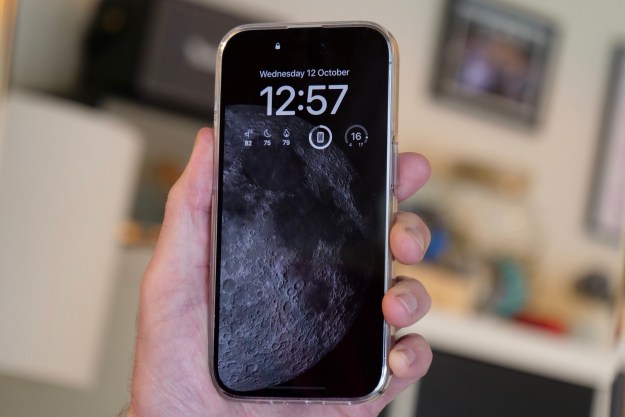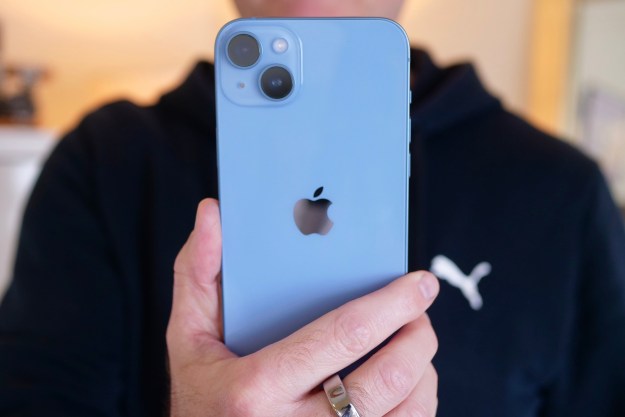Market research firm Quantcast has published its figures for OS shares of mobile Internet traffic in North America, and the news is good for Google’s Android ecosystem: according to Quantcast, Android devices accounted for 25 percent of North American mobile Internet traffic during the month, which represents a 2 percent gain for the month and an 18.6 percent increase overall so far in 2010. And, perhaps most significantly, Android is taking share from every other mobile operating system studied, including RIM, Windows Mobile 6.5, Symbian, and Apple’s iOS.

Currently, Apple’s iOS commands the dominant share of North American mobile Internet traffic, accounting for 56 percent of all data sent to mobile devices. That includes not just the iPhone, but also iPads and iPod touch devices. The 56 percent share represents a decline of 0.3 percent for the month of August, but overall iOS’s share of the mobile Internet market has fallen 11.4 percent during 2010.
RIM’s BlackBerry OS accounted for 9 percent of the North American mobile Internet market during August; all over mobile OS’s combined accounted for 10 percent of mobile traffic.
If current trends hold—which, of course, is unlikely, given the tumultuous nature of the mobile Internet market—Google could expect to see Android’s share of traffic exceed that of iOS devices around mid-2011.
Editors' Recommendations
- How to turn off call forwarding on iPhone and Android
- How to undo reposts on TikTok (and why you should)
- How to view Instagram without an account
- How to find your lost phone (tips for iPhone and Android)
- The 6 best tablets for kids in 2024

